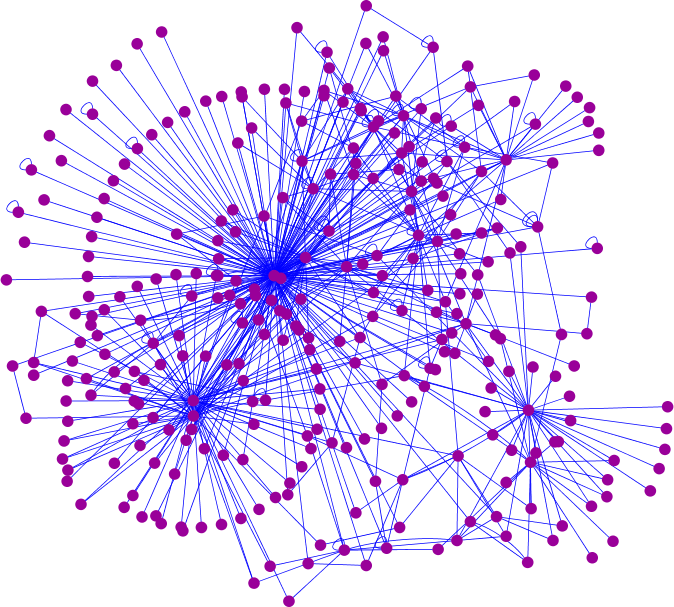
Dr. Ravid Straussman, Department of Molecular Cell Biology
ravid.straussman@weizmann.ac.il
The Straussman lab studies mechanisms of resistance to anti-cancer therapies. After demonstrating that cells of the tumor microenvironment can modulate the sensitivity of cancer cells to chemotherapy, the team found that bacteria play a significant role in this process, and that the majority of human pancreatic tumors contain bacteria that, in many cases, degrade the anti-cancer drug gemcitabine. In his most recent work, Dr. Straussman is studying melanoma, in order to characterize the role of the gut and tumor microbiome in determining response to targeted chemotherapy. By studying the bacterial “signatures” associated with particular types of therapeutic response, he hopes to identify new strategies for overcoming microbe-mediated resistance. In another project, Dr. Straussman is looking at the omentum—multiple cell types which constitute the immediate microenvironment of metastatic cancer cells—in order to characterize the role they may play in chemotherapy resistance.
